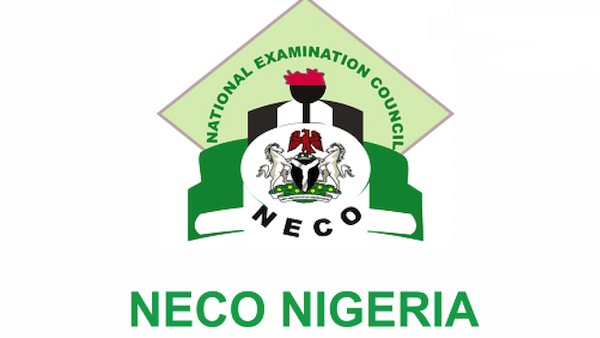Metro
NECO accredits more foreign schools for SSCE, BECE

The National Examinations Council (NECO) has accredited additional foreign schools to write the Senior School Certificate Examination (SSCE) and the Basic Education Certificate Examination (BECE).
NECO’s Acting Director of Information and Public Relations, Mr. Azeez Sani, disclosed this in a statement on Saturday in Abuja.
He said the development was aimed at broadening the Council’s horizon and expanding its global presence.
According to him, the newly accredited schools are located in the Niger Republic and Equatorial Guinea.
Sani said: “The NECO Accreditation Team visited these schools to assess their readiness to write the SSCE and BECE.
“The team inspected various facilities, including classrooms, laboratories, libraries, computer laboratories, workshops, examination halls, and sports facilities.
READ ALSO: Nigerian govt bans underage from registering for NECO, WAEC exams
“After a thorough evaluation, the schools were granted full SSCE and full BECE accreditation status.
“This accreditation is a testament to NECO’s commitment to providing quality education and assessment beyond Nigeria’s shores.
“With its expanding global presence, NECO is poised to become a leading examination body in Africa, offering opportunities for students worldwide to benefit from its expertise.”
The spokesman also revealed that candidates would participate in the ongoing NECO SSCE external examination in Diffa, Niger Republic.
“The UNHCR School in Diffa, Niger Republic, is the first NECO SSCE external centre outside Nigeria,” he added.
Join the conversation
Support Ripples Nigeria, hold up solutions journalism
Balanced, fearless journalism driven by data comes at huge financial costs.
As a media platform, we hold leadership accountable and will not trade the right to press freedom and free speech for a piece of cake.
If you like what we do, and are ready to uphold solutions journalism, kindly donate to the Ripples Nigeria cause.
Your support would help to ensure that citizens and institutions continue to have free access to credible and reliable information for societal development.
























